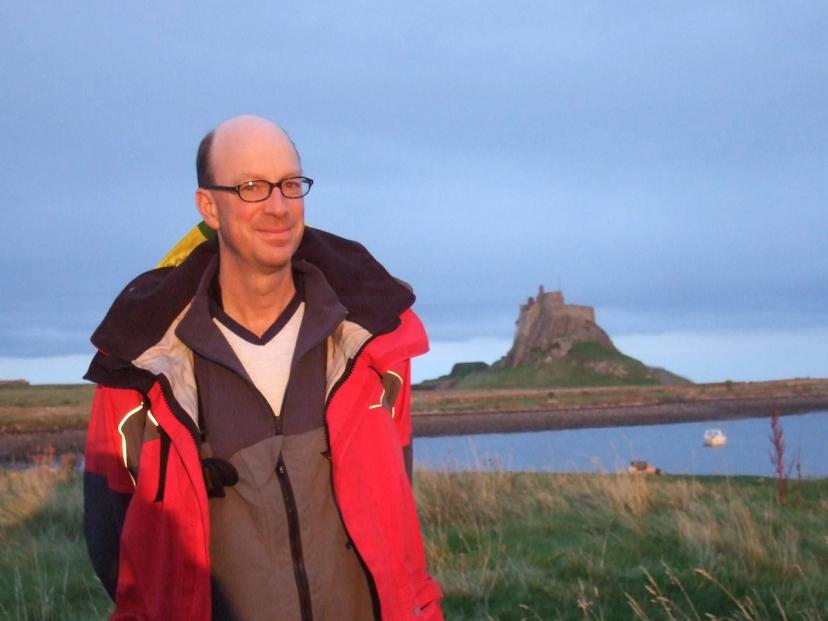My Lab Essentials: Dr Richard Weller, University of Edinburgh
Discover the instruments and techniques Dr Weller couldn't do without
3 Aug 2015

Dr Richard Weller, Senior Lecturer in Dermatology at the University of Edinburgh
In the latest interview in our Lab Essentials series, Dr Richard Weller, Senior Lecturer in Dermatology at the University of Edinburgh, explains how people with skin cancer live longer, the effect of sunlight on the cardiovascular system and how we could be doing more harm than good by avoiding the sun in the name of health.
Until recently, Dr Weller, was, in his words, a 'good boy', diligently studying the effects of sunlight on the skin in the hopes of reducing its damaging effects, as the wisdom of the time was that cancer should be avoided at all costs. However, he soon found that not only did his data not match that, there were in fact no papers showing sunlight shortens life – in fact, epidemiological studies have shown that although people who get more sunlight are more likely get cancer, they're also more likely to live longer.
The myth of vitamin D
"Dermatologists have been fixated on skin cancer," Dr Weller explained, but by avoiding skin cancer by covering ourselves in sunscreen, "we could be putting people at risk of cardiovascular disease". This revelation came after Dr Weller noticed that after exposure to sunlight, test subjects had lowered blood pressure after an hour. The link between sunlight and increased vitamin D levels is well known, as is the link between higher vitamin D levels and better health. However, Dr Weller explained, many studies have shown that vitamin D supplements have "no effect".
He began studying a mechanism of nitric oxide mobilization, when the skin is exposed to UV-A radiation, independent of Vitamin D and affecting T-regulatory cells. He has also looked at other compounds that are found at elevated levels after exposure to UV-A, and found that they improved eczema, psoriasis and other skin complaints. Although vitamin D does play an important part in human health, for example in bone health, Dr Weller believes it's wrong to push it as a "panacea". Furthermore, by avoiding the sun in the name of health, you could in fact be doing more harm than good.
Lab essentials
Although the method of discovery may have been simple, the subsequent analysis of the samples is far from it. Dr Weller's colleagues in Southampton, UK, led by Prof. Martin Feelisch, use a range of techniques, including group-specific denitrosation of the samples to quantify the various nitro species generated under exposure to UV-A. Gas phase chemiluminescence was used to measure the NO liberated from the reduction of nitrosated proteins and a dedicated NO analyzer quantified oxidation products of NO. Sections of sample were examined using a spectral confocal laser scanning microscope from Leica, using a UV source.
